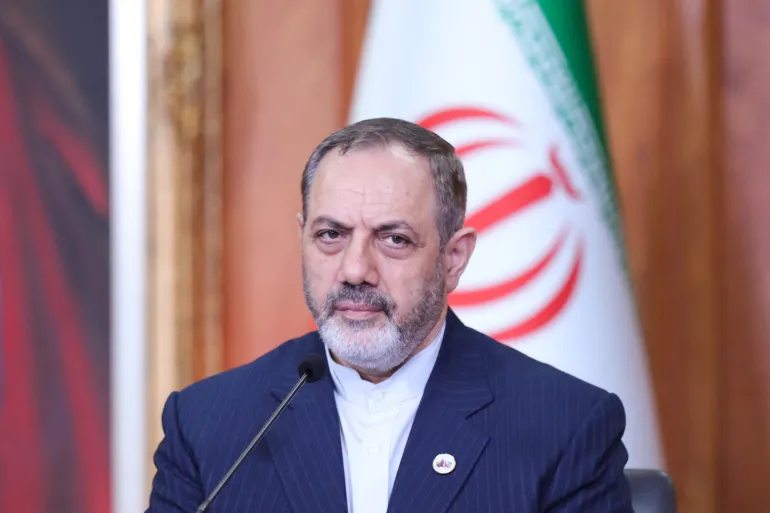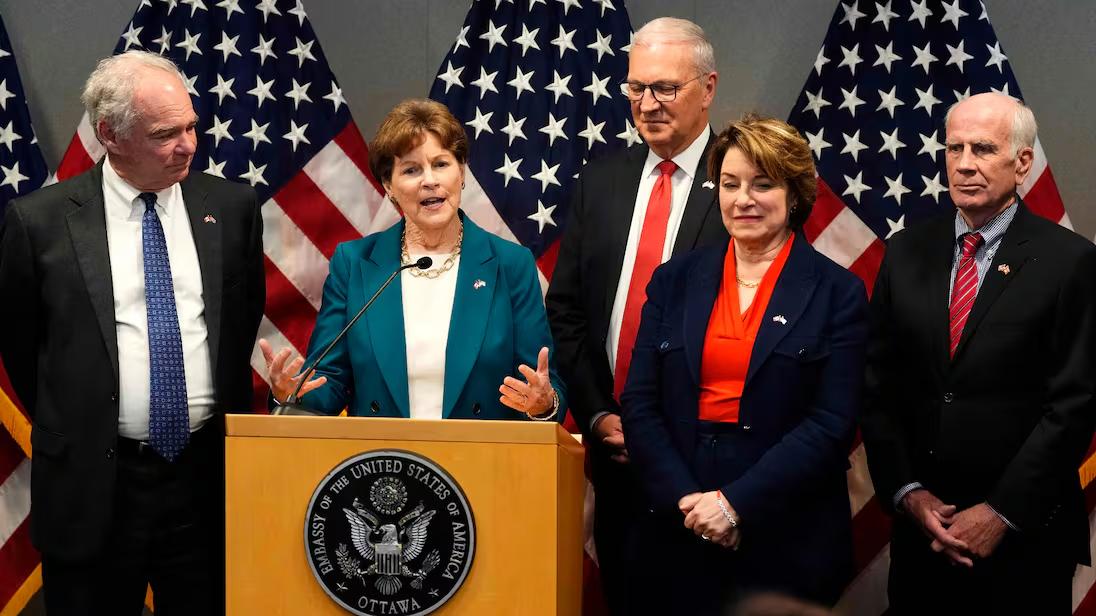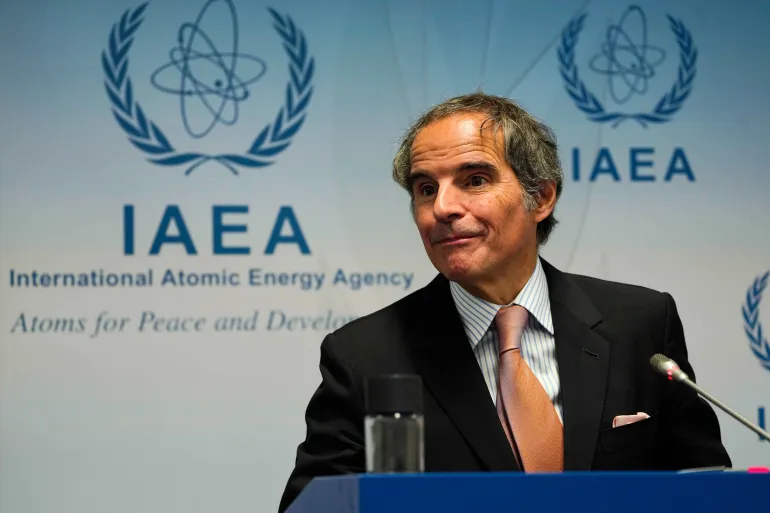Iran has issued a stark warning that it will target United States military bases across the region if a conflict breaks out over its nuclear programme, further escalating tensions amid increasing speculation about potential military confrontation.
The warning came from Major General Mohammad Bagheri, the Chief of Staff of Iran’s Armed Forces, during a televised address on Wednesday. Bagheri declared that Iran has identified all U.S. bases in the region and possesses the capability to strike them decisively if attacked. “Our response will be immediate, crushing, and extensive,” he said. “Every American base within our missile range will be turned into rubble if they initiate hostilities.”
The threat follows weeks of mounting friction between Tehran and Washington, fueled by accusations that Iran has accelerated its nuclear activities in violation of international agreements. Western intelligence assessments have indicated that Iran is enriching uranium at levels close to weapons-grade, while Iran insists its nuclear programme is strictly for peaceful purposes.
Bagheri’s remarks appear to be a direct response to recent statements by U.S. and Israeli officials suggesting that military options remain on the table should diplomatic efforts fail. Israeli Prime Minister Benjamin Netanyahu has repeatedly urged preemptive action to halt Iran’s nuclear advances, warning that waiting any longer could allow Tehran to cross an irreversible threshold.
Meanwhile, U.S. officials have maintained that diplomacy remains their preferred path, but have not ruled out force. Pentagon spokesperson General Patrick Ryder declined to comment directly on Bagheri’s statements but said the U.S. takes all threats seriously and will defend its personnel and interests.
“We have robust capabilities in the region, and we remain fully prepared to respond to any contingency,” Ryder said. “Our objective is to prevent conflict through deterrence, but we will act if necessary.”
Iran’s warning also coincides with expanded military exercises across its southern and western regions, including ballistic missile drills reportedly simulating strikes on distant targets. Iranian media broadcast footage of the tests, which were aimed at demonstrating the range and precision of Tehran’s missile arsenal.
Bagheri stated that Iran’s missile forces had mapped out all critical U.S. installations across the Middle East — including those in Iraq, Syria, the UAE, Bahrain, and Qatar — and that any attack on Iran’s nuclear facilities would trigger immediate retaliation. “The entire region will be engulfed in flames if Iran is threatened,” he said.
The international community has expressed deep concern over the escalating rhetoric. The United Nations called for restraint on all sides and urged a return to negotiations. UN Secretary-General António Guterres reiterated that only diplomacy can resolve the standoff and avoid catastrophic consequences for the region.
In Europe, leaders voiced alarm over the growing possibility of armed conflict. EU foreign policy chief Josep Borrell urged both Washington and Tehran to de-escalate and resume talks under the framework of the now-defunct Joint Comprehensive Plan of Action (JCPOA), which the U.S. abandoned in 2018 under then-President Donald Trump.
Efforts to revive the deal have stalled for months, with Iran demanding sanctions relief and guarantees against future U.S. withdrawal, while Washington insists on strict compliance and transparency.
Within Iran, state-run outlets praised Bagheri’s speech as a sign of strength and national unity in the face of Western threats. However, observers caution that Iran’s assertiveness may push the region closer to open confrontation, especially given the complex web of alliances and military deployments already in place.
Analysts note that even a limited strike by either side could trigger a wider war, involving U.S. allies like Israel and Saudi Arabia. “We are at a knife’s edge,” said Middle East expert Daniel Levy. “Any miscalculation now could unleash a conflict with devastating regional and global implications.”
As tensions continue to rise, the coming weeks may prove decisive in determining whether diplomacy can prevail — or whether military confrontation becomes inevitable.
Source; Al Jazeera


